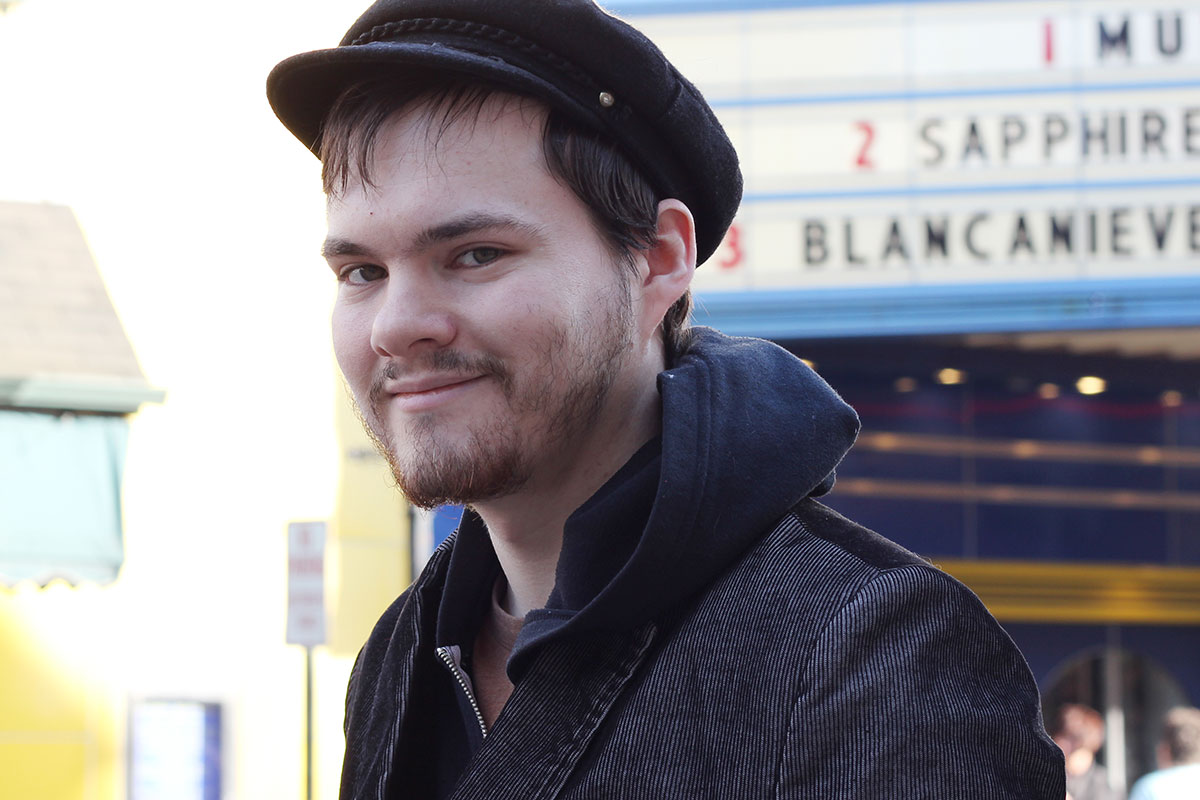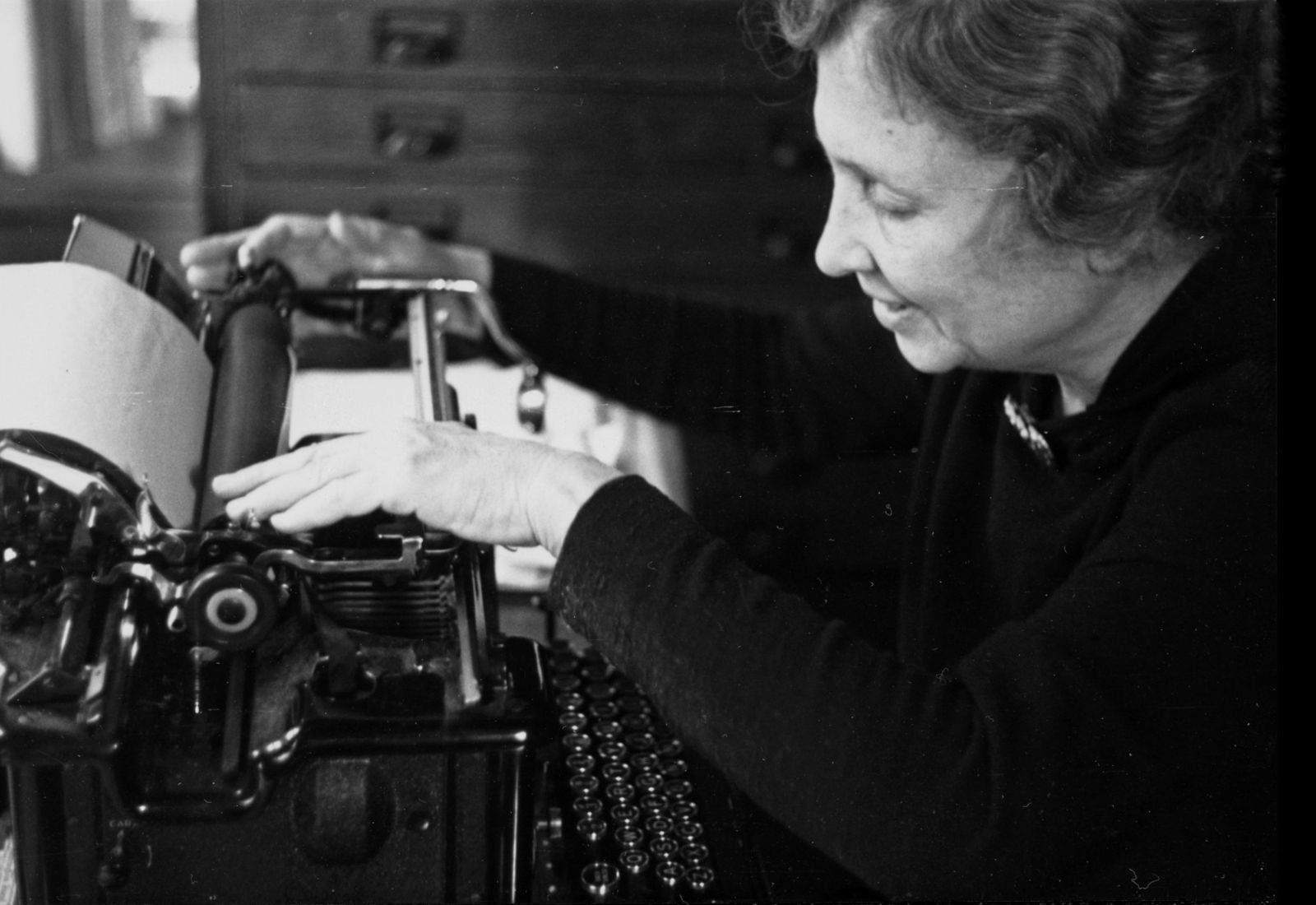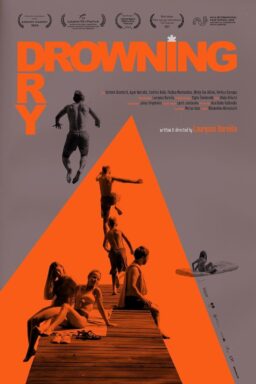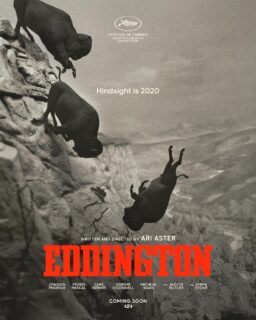It’s a nerve-racking experience getting to know the ins and outs of an online film festival. Learning how to access the movies, figuring out if the streams won’t break if you jostle your computer, seeing if you can stream them to your television … these are little things, and at worst they result in minor annoyances. Unfortunately, we have to be well acquainted with every petty grievance because there’s a slim but undeniable possibility that this is how it’s going to be from now on. But all I want is to be back in a movie theatre.
That kind itchiness, that churning in your brain from your very hungry sense memory, is now all I see in new work, though the Currents selection at the New York Film Festival, their avant-garde and experimental sidebar, has made it easy to find. Just look at the best scene in Nicolás Pereda’s “Fauna,” in which a man demands that actor Francisco Barreiro act out one of his scenes from “Narcos: Mexico.” People are desperate for performance, sensation, cinema. They don’t care what it takes. The best film that’s debuted so far in Currents, if not indeed the whole festival (Steve McQueen’s “Lovers Rock” and Akosua Adoma Owusu’s marvelous short “King of Sanwi” offers fierce competition) is a movie defined by the limits of cinematic experience and indeed the whole of sensory perception. John Gianvito, who I had the privilege to know briefly during my time at Emerson College, is something of a festival fixture without having much in the way of a footprint as a creator. He’s only directed six feature length movies, and yet everyone who has encountered his work knows that they’re the work of a rare and brilliant mind. “Her Socialist Smile” is his latest and it’s deceptively galvanizing given the form.
“Her Socialist Smile” is about Helen Keller and the most commonly erased part of her story: her unwavering dedication to Socialism. Keller traveled the world as a speaker and a kind of totem for the cause of the working man. She appeared in solidarity at strikes and went on extensive tours to promote her vision of a socialist future for America. Naturally this doesn’t fit in with American school curriculums, so it’s just left out.
Gianvito shows us in blocks of white text on black backgrounds her writing on socialism. He shows lovely black and white images of Carolyn Forché reading some of her writing into a microphone. He shows images of a theatre she once spoke in while he overlays the text of the frequently hilarious interview she gave there. Typical exchange: “What do you think about marriage?“ “Are you proposing?” He also shows old photographs of her and newsreels about the way the socialist movement was violently rejected by America. Finally he shows footage of nature captured in what I take to be the property she and her teacher Anne Sullivan once owned in Wrentham, MA.
In being so text-heavy Gianvito’s film requires you to truly engage with her words and her mind. She’s been whitewashed by a conservative establishment for 100 years, and “Her Socialist Smile” is an electrifying corrective, a film that makes us work to understand what we miss when Keller’s legacy is reduced to her learning to read braille.

Allison Chhorn’s “The Plastic House” takes an inverse approach, telling its story of a woman taking up the mantle of her parents’ life as farmers, through a purely sensory approach. There’s almost no spoken dialogue and the film is mostly a study in time passing as marked by labor. Chhorn makes both the absence of her parents and her presence felt through the way she films fields, greenhouse, the inside of a car. The sounds of tilling and toiling come to make the spaces feel like they themselves are alive with the work done by its occupants. The land itself seems to breath, animated by the life blood of its steward. A truly lovely work.

At its best the work of Yulene Olaizola does the same, but her latest, “Tragic Jungle” feels a little bogged down by its pretensions towards cinematic-ness. There are a dozen “Apocalypse Now” quotes in this tale, of a Brazilian woman who tears apart a cadre of gum farmers trying to make an honest buck on the border between Mexico and Belize, that do it no favors.
The year is 1920 and a local kingpin is hunting for a woman whose caretakers he shoots in the opening, leaving her to fend for herself with the slightly dim Mexican workers. She and the men seem equally wary of each other. She dreams of having a romantic sexual experience; they’re all strung out and horny from weeks at work without the company of women. It’s not long before everything goes stupendously awry. Olaizola is usually a less predictable filmmaker, and not only does this movie go exactly where you expect it to, she seems to have backed off of her usually transfixing visual style in order to accommodate the sexual dynamic between her heroine and her violent admirers. The result is a too-thin aesthetic, rendering the drama too much of a remove and not zeroing in enough on the overwhelming character of the landscape. It seems to know you’ve seen this before and so doesn’t fully commit to any particular aspect of it. Frustrating.

So is Christian Petzold’s “Undine,” to a degree. Once you learn where it’s headed, it’s too late to take much pleasure in the ways the usually less predictable Petzold complicates his set-up. His couple from 2018’s “Transit,” the tragically transfixing Paula Beer and singularly charming Franz Rogowski, are back playing a museum guide under a spell and the diver who falls for her, respectively. We meet her mid-break up, telling her old flame that she’ll have to kill him now that he’s left her and his response isn’t shock but rather exhaustion. He’s heard this song and dance from her before, but what on earth could it mean? The answer comes when she meets her next paramour in Rogowski’s besotted frogman. When you learn what’s going on, it just becomes a matter of time before Beer’s carefully laid plans break down and reality and her imagination must have a reckoning.
If you like the way Petzold’s movies feel (which I take is the main reason his fans wait for his new movies with bated breath) then this’ll do you just fine. If you’re after something a little more daring or even frankly a little more romantic than usual given the set-up, you’re out of luck. An agreeably quirky movie, and the closest Petzold’s come to making something American, this is nobody’s finest hour. And yet I was still more than grateful to watch his usually careful compositions and editing strategies, even if it was from my bed. It was proof that the world was still turning even if it feels like we’re slowly marching towards a rather bleak unknown. I can think of worse things than having to watch all of the New York Film Festival in my pajamas, but I really and truly don’t want to. Here’s hoping we get our world back soon. In the meantime, the festival has plenty to keep us safe and indoors.












